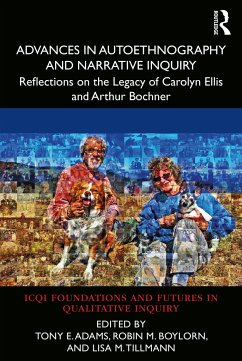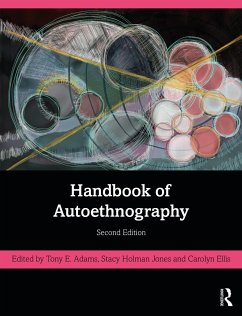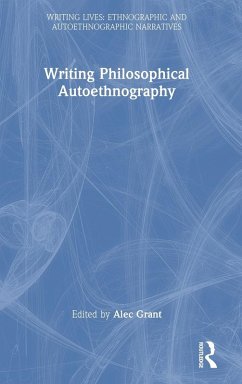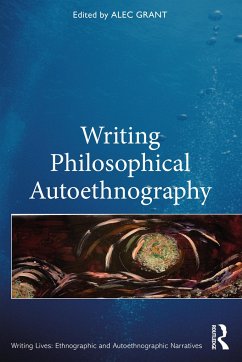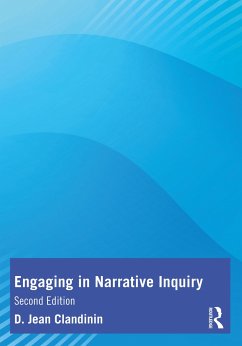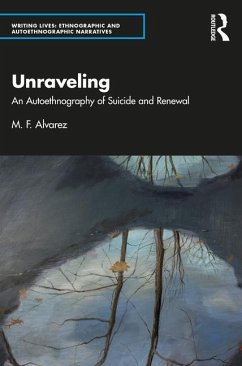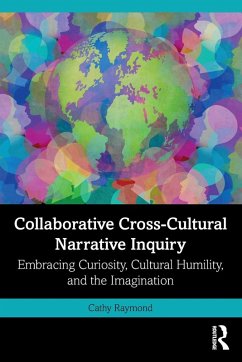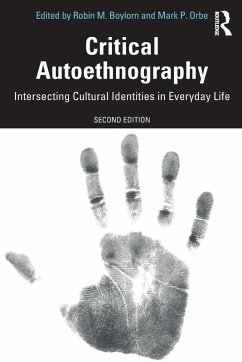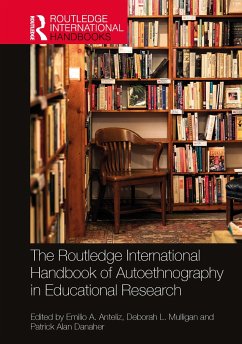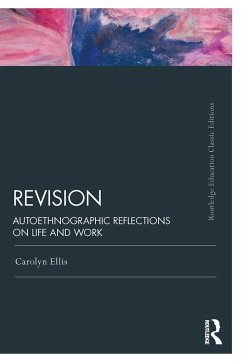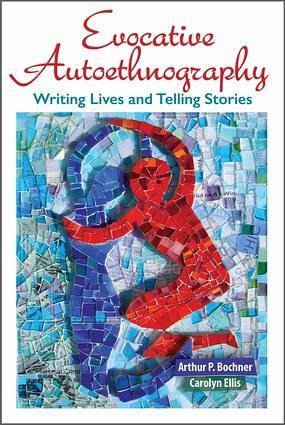
Evocative Autoethnography
Writing Lives and Telling Stories
Versandkostenfrei!
Versandfertig in 6-10 Tagen
45,99 €
inkl. MwSt.
Weitere Ausgaben:

PAYBACK Punkte
23 °P sammeln!
This comprehensive text is the first to introduce evocative autoethnography as a methodology and a way of life in the human sciences. Using numerous examples from their work and others, world-renowned scholars Arthur Bochner and Carolyn Ellis, originators of the method, emphasize how to connect intellectually and emotionally to the lives of readers throughout the challenging process of representing lived experiences. Written as the story of a fictional workshop, based on many similar sessions led by the authors, it incorporates group discussions, common questions, and workshop handouts. The bo...
This comprehensive text is the first to introduce evocative autoethnography as a methodology and a way of life in the human sciences. Using numerous examples from their work and others, world-renowned scholars Arthur Bochner and Carolyn Ellis, originators of the method, emphasize how to connect intellectually and emotionally to the lives of readers throughout the challenging process of representing lived experiences. Written as the story of a fictional workshop, based on many similar sessions led by the authors, it incorporates group discussions, common questions, and workshop handouts. The book:
describes the history, development, and purposes of evocative storytelling;
provides detailed instruction on becoming a story-writer and living a writing life;
examines fundamental ethical issues, dilemmas, and responsibilities;
illustrates ways ethnography intersects with autoethnography;
calls attention to how truth and memory figure into the works and lives of evocative autoethnographers.
describes the history, development, and purposes of evocative storytelling;
provides detailed instruction on becoming a story-writer and living a writing life;
examines fundamental ethical issues, dilemmas, and responsibilities;
illustrates ways ethnography intersects with autoethnography;
calls attention to how truth and memory figure into the works and lives of evocative autoethnographers.





